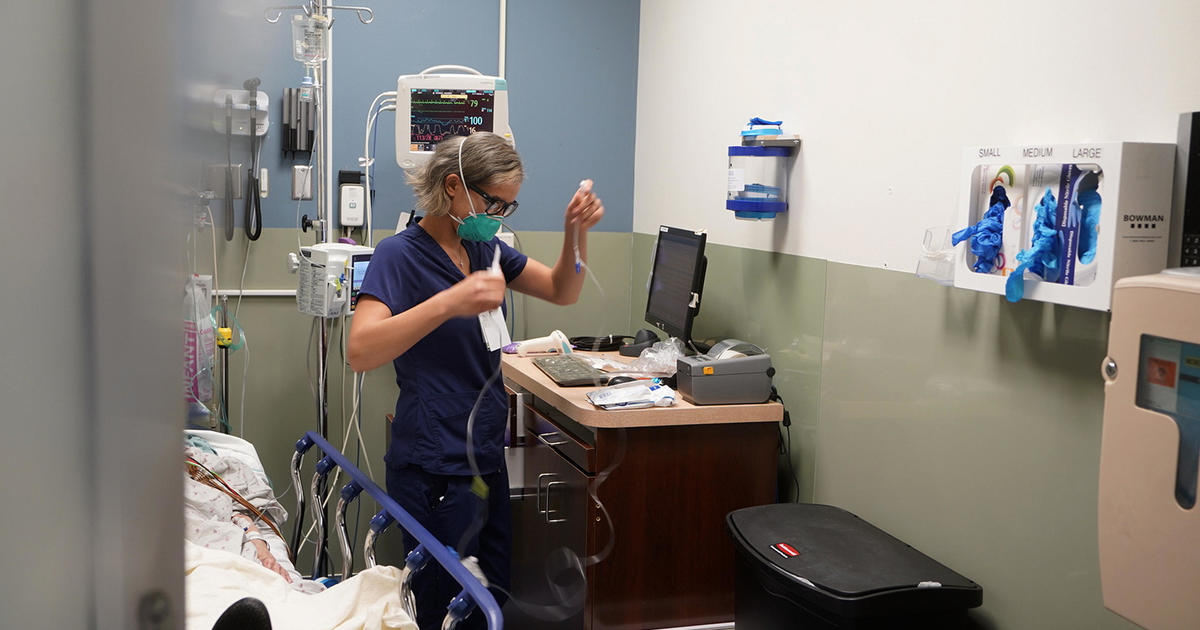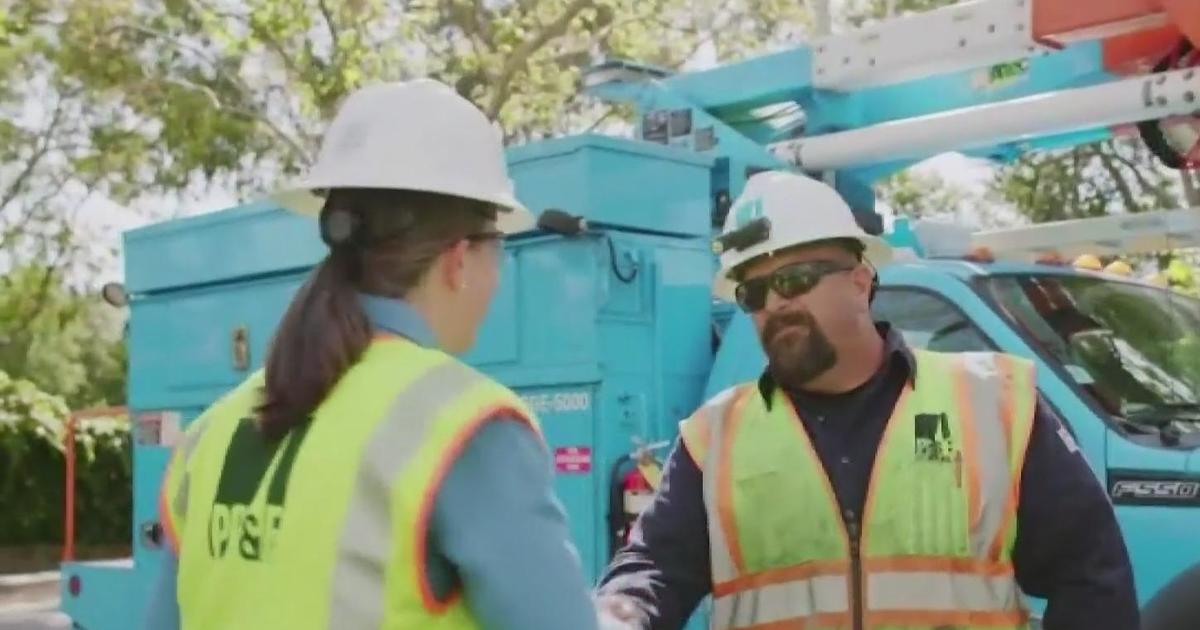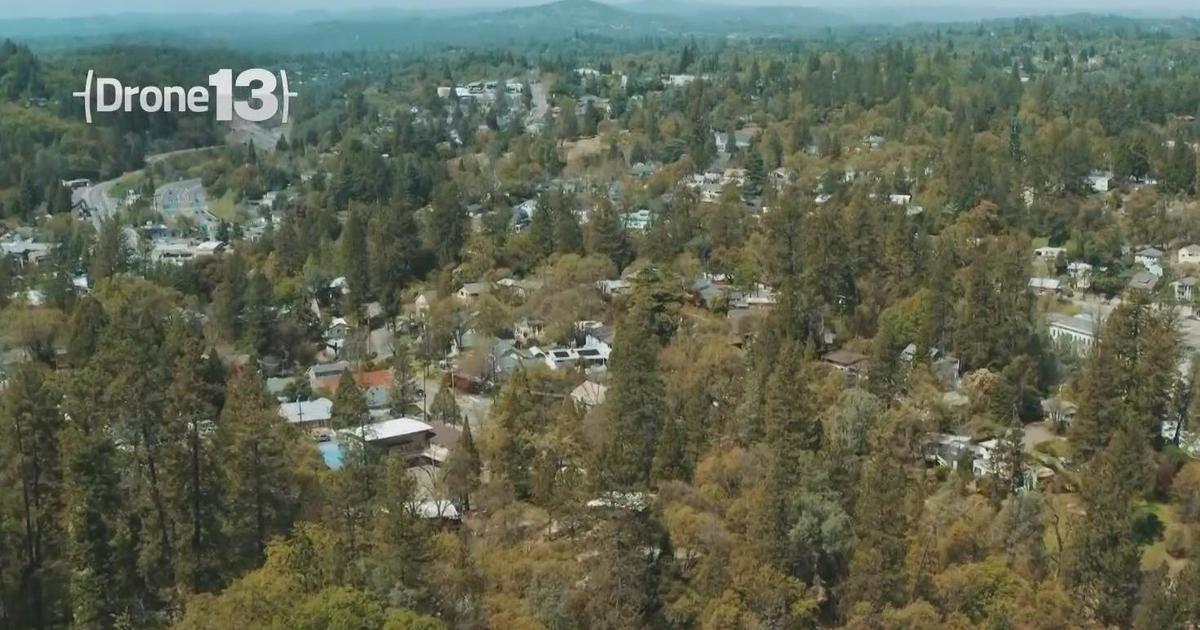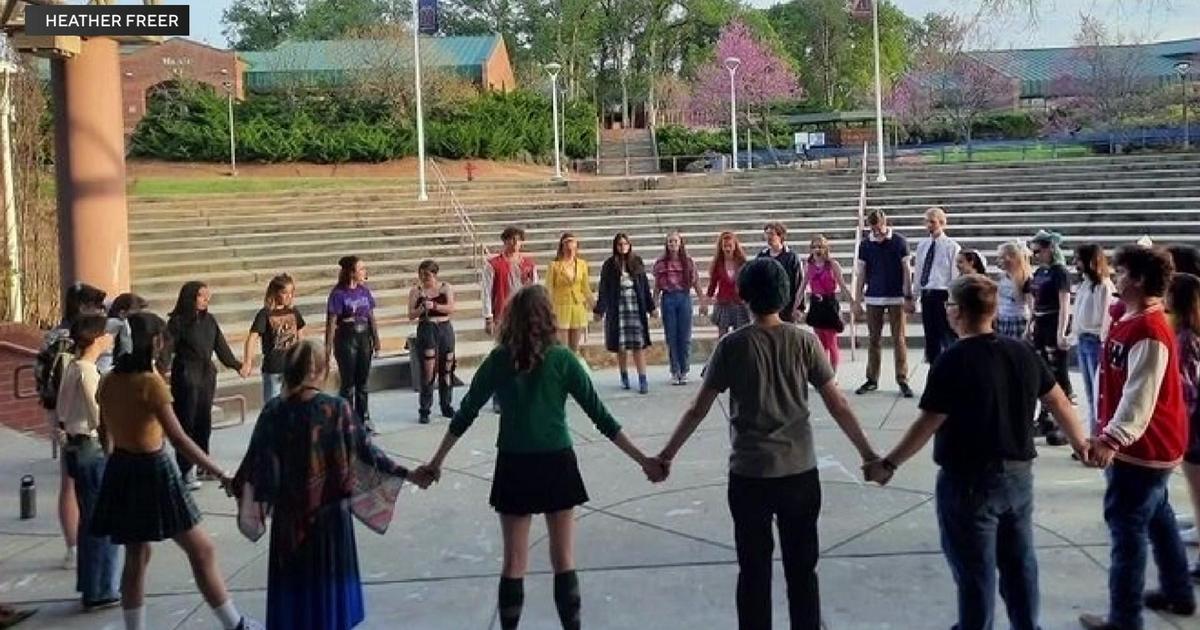GOP Rejects Open Primary Plan
SACRAMENTO, Calif. (AP) -- California Republicans on Sunday approved a compromise that leaves in place the current nominating system for GOP candidates in 2012 and will let party members use mail-in balloting to endorse candidates for office starting in 2014.
The party was beset by infighting during its weekend spring convention in Sacramento over how to respond to Proposition 14, the voter-approved ballot measure that was intended to produce more moderate candidates for office from both political parties. Under that system, the top two candidates advance to the general election, regardless of party affiliation.
The GOP delegates on Sunday passed a plan that calls on the party to let members vote by mail to nominate candidates, starting in 2014. It was unclear how the vote-by-mail process will occur, how much it will cost or whether it will have any real effect on campaigns by discouraging other Republicans from aggressively contesting primary seats.
Delegates rejected a more conservative plan that could have allowed small groups of local party officials -- who are the most actively involved in internal party politics and campaigning -- to decide the nominees. Instead, they opted to rely on the system used now for special election candidates, in which local officials can endorse a candidate by a two-thirds majority of all central committee members in a district.
The compromise plan was endorsed by most of California's GOP congressional delegation and Republican state lawmakers. U.S. Rep. Tom McClintock backed the amendment as a way to "restore the role of the rank-and-file Republican voters."
"I think it will be the great revival of the Republican Party in California," he told a committee debating the competing plans late Saturday night.
The top-two primary system, which is getting its first test in special elections this year, and California's independent citizens' redistricting commission, which takes the role of drawing legislative and congressional boundaries away from the Legislature, promise to scramble California's political map and have forced both major parties to reconsider their campaign strategies for 2012 and beyond.
Democrats will consider candidate endorsements under the top-two system during their state party convention in Sacramento at the end of April, although a final decision isn't expected until summer. Democrats, however, already had a process for endorsing primary candidates in which registered local delegates vote in an endorsing caucus, said California Democratic Party spokesman Tenoch Flores.
About 1,000 GOP delegates meeting Sunday also voted to oppose two measures scheduled for the next statewide ballot, which would be in February 2012 unless the Legislature calls a special election before then. One would boost taxes on cigarettes by $1 a pack to fund cancer research, while the other would alter legislative term limits by allowing future lawmakers to serve up to 12 years in one house. Under current law, they are limited to three two-year terms in the Assembly and two four-years terms in the Senate.
A controversial party resolution that would have branded any Republican lawmaker as a traitor for agreeing to let voters consider Gov. Jerry Brown's plan to ask voters to extend sales, income and vehicle taxes for five years was withdrawn. But on Sunday, party delegates voted to oppose "any tax extension, new tax or tax increase by the Legislature that is placed on the ballot between now and the next convention" in the fall.
Party activists have been showing their contempt this weekend for a group of rank-and-file Republican lawmakers who have been negotiating with Brown, a Democrat, over his plan to close California's $26.6 billion deficit. The governor wants the tax extensions, along with $12.5 billion in spending cuts.
Republicans also elected a new party chairman, Tom Del Beccaro, an attorney from Lafayette, on Sunday. He told delegates the state GOP has become the "party of limited communication" and needs to engage better with minorities and younger voters. The party's base is trending older and whiter, while U.S. Census data released earlier this month show Latinos and Asians are the fastest-growing segment of California's population and now account for roughly half the state's residents.
"We've talked ourselves into talking to the converted instead of inspiring a new generation of voters," Del Beccaro said. "We need a very focused message if we are going to reach these people, and we do not have that focused message."
Del Beccaro told reporters later that he thinks Republican lawmakers should be talking with Brown "and seeing if he is serious about reform," but he stopped short of endorsing a compromise that would put the tax extensions before voters.
"They may be talking about putting it on the ballot. That doesn't mean they want to raise taxes," Del Beccaro said. "And if a tax is put on the ballot, I will work every day to defeat that. That is a policy that will make things worse for California, not better."
He unveiled three new websites he said are intended to hold Brown accountable for his election promise to create jobs and said he would travel around the state pushing that message. Del Beccaro said the party would hold a press conference every two weeks to ask "Where are the jobs, Jerry Brown?"
(Copyright 2011 by The Associated Press. All Rights Reserved.)



